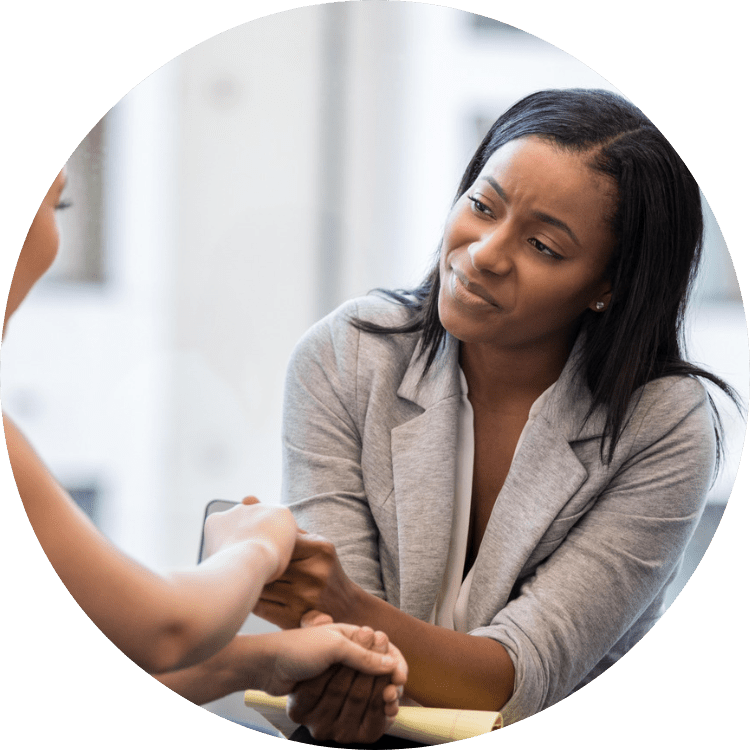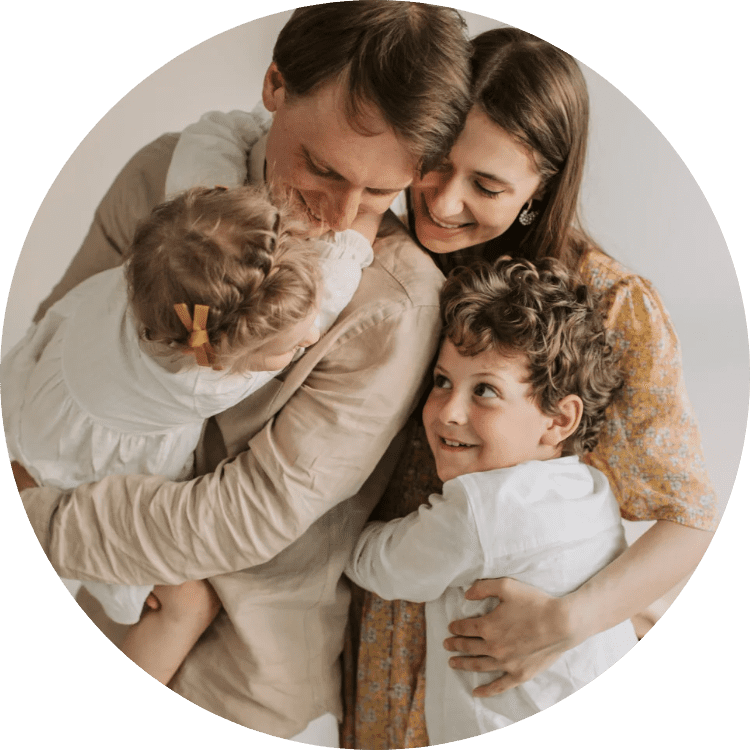Sensory Processing Disorder: Therapy Tools
Reach Your Full Potential
We all want to reach our full potential. The Focus System uses specially-treated music, movement and cognitive activities so we can get there.
Coordination, knowing where our bodies are in space and how to interact with people and objects based on what our body tells us through receptors in our joints and muscles are all functions of sensory processing. These receptors are part of our proprioceptive system – an often overlooked sensory system that contributes to behavior and the ability to learn. The Focus System aims to improve proprioceptive abilities through specific, repetitive movement exercises so we can approach learning and communication tasks in a more relaxed and regulated manner.
The Focus System addresses the development of whole brain and body integration through a staged developmental approach, starting with the fundamentals of sensory integration and then extending through more complex cognitive functions, including language, self-expression, and social skills.
Interested in learning more about how Unyte-iLs programs can help sensory processing disorder?
Connect with one of our Consultants!
HOW IT WORKS
The Focus System is based on the fact that we can change our brain – essentially re-wiring it through specific and repeated stimulation, a concept known as neuroplasticity. As in building strength and endurance with physical exercise, we are able to build neurological pathways and synaptic activity at any age.
THE BENEFIT
The Focus System has a global effect on the brain and central nervous system. Each program provides gentle and specific stimulation in order to activate the neural pathways used in the processing of sensory information. Neuronal connections in these pathways are strengthened and new connections are established through repeated sessions of multi-sensory input. Our programs are customized and can be individualized for each person’s therapeutic goals.
-
I wanted to give you an update on our progress using the Focus System at home, my daughter (adopted, age 7, sensory and attention issues) does rhythmic gymnastics—it’s a very high energy sport and many low energy exercises won’t hold her interest. But her focus is ALWAYS off, which makes it difficult to teach her. However, yesterday after 5 Focus System sessions, her coach was simply amazed. She called me to ask what was different. She said she was completely focused, and when she got distracted was able to refocus immediately. Learned so much and was able to do so much more. Also, today she had a friend over, and was able to sit and play for two hours! Unheard of in the past. Something’s different, for sure.
-
Parent
Both my daughters were fortunate enough to use iLs this year. They have excelled in school and sports since they have completed their Focus System playlist. Together, with occupational therapy and the Focus System, their sensory issues have almost disappeared. The anxiety and emotions that used to take over lives has subsided. I call them 2.0 versions of themselves. So grateful to have this therapy for my girls. The staff was so helpful and accommodating as well. Thanks for the guidance and support!
-
author of Sensational Kids, Founder of SPD Foundation
At STAR Center our therapists use the Focus System for a few key reasons: it can be customized to each individual’s needs, the bone conduction delivery is a wonderful vestibular supplement, and the quality of the music is remarkable... We have seen tremendous developmental growth spurts using this program in combination with OT. The Focus System combined with OT seems to accelerate or “jump start” many of the children’s developmental changes. It also can have a calming effect on some children which makes it easier for our therapists to work with the child. In general, we see accelerated gains by adding the Focus System to OT. We use it with most of our children in clinic and we often send clients home with a Focus System for continuation of therapy once their intensive short-term program is complete.
Interested in learning more?
Talk to one of our consultants to see how Unyte-iLs programs can help sensory processing disorder.
SELECTED RESEARCH
A PILOT STUDY OF INTEGRATED LISTENING SYSTEMS FOR CHILDREN WITH SENSORY PROCESSING PROBLEMS
Sarah A. Schoen, PhD, OTR, Lucy J. Miller, PhD, OTR, and Jillian Sullivan, PhD
Journal of Occupational Therapy: Schools and Early Intervention, 8: 1-21 2015
Summary: Important and clinically meaningful gains were achieved by all participants in both home and educationally-related goals.
AUDITORY PROCESSING DISORDER DATA FROM THERAPEEDS CENTER, FORT LAUDERDALE, FL
Julia Harper, PhD, OTR/L and Aimee Levine Weiner, Aud; published in Advance OT Magazine
Summary: Pre-testing indicated 0 of the 29 children had intact vestibular processing skills measured by the PrN and functional skills. Post-testing showed all 29 in normal range. Post-intervention, 22 of the 29 children had auditory processing skills that were completely within normal limits in every area.





 © 2026 Unyte Health US Inc.
© 2026 Unyte Health US Inc.